Stuart Wagstaff, the perfect gentleman, was also the perfect beast on television
A SOPHISTICATED, immaculately dressed British import, came to Australia for a two-year contract and ended up making the country his home.
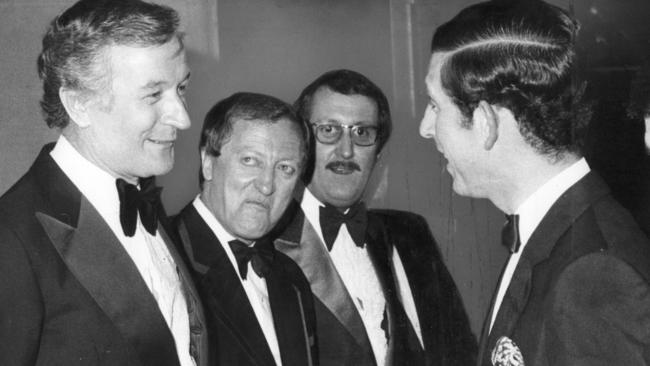
Today in History
Don't miss out on the headlines from Today in History. Followed categories will be added to My News.
FOR most Australians the late great actor Stuart Wagstaff was the epitome of suavity and sophistication, the quintessential English gentleman.
Always immaculately attired, handsome and debonair, he was also capable of surrendering that English dignity for a laugh, on stage or screen.
STUART WAGSTAFF DEAD AT 90: FRIENDS, COLLEAGUES PAY TRIBUTE
WHAT RUSSELL CROWE DID FOR OLD FRIEND STUART WAGSTAFF
Often self-deprecating about his acting abilities, he was a favourite of Australian audiences whether he was treading the boards in a theatre or playing host on TV.
In Western Australia he became known as the face of telethons. In the ’60s he was the gentlemanly beast on TV panel show Beauty And The Beast, in the ’70s he was a celebrity game show regular and the spokesman for cigarettes.
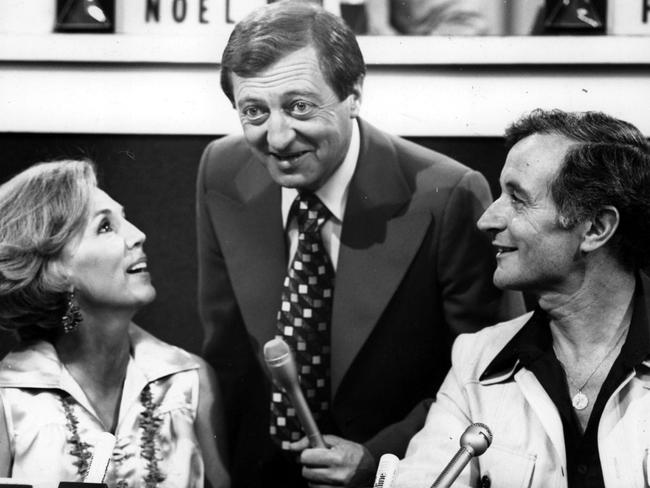
Although his cultured British accent suggested aristocratic origins, Wagstaff was actually the first member of his family in 300 years not to become a farmer.
He was born on a farm in Wiltshire on February 13, 1925. Suffering physical and mental abuse at the hands of his father and sexual abuse from a farmhand, he found respite in trips to the theatre and cinema with his mother.
Although he had visions of becoming an actor, in 1940 his escape from home came when his father suggested he join the navy.
Apprenticed to the Fleet Air Arm as an aircraft mechanic, Wagstaff later said he wasn’t much of a mechanic but felt more at home volunteering to perform in navy concerts and shows.
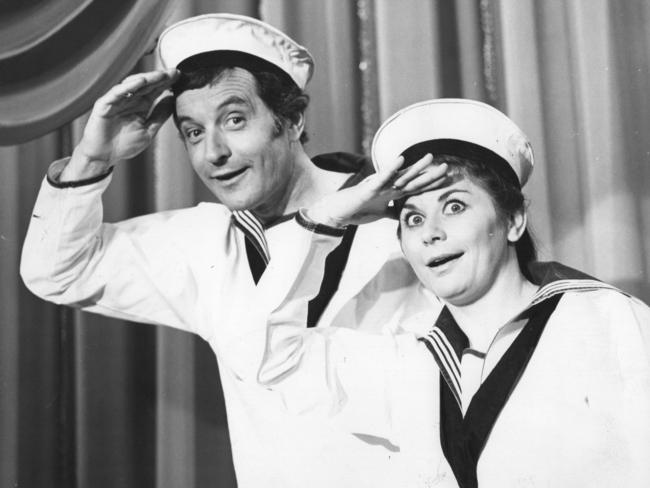
Out of the navy, after the war, he did whatever work he could to get closer to his dream of acting, working at first in the stage crew at the Windsor repertory theatre and then landing acting roles.
“It was hard work,” Wagstaff later said. They did 48 shows a year and two pantomimes, with no holidays for £6 a week. “You worked your bum off.”
A great film lover, Wagstaff hoped to make it in the movies, getting his first uncredited role as a steward in the film A Night To Remember in 1958.
That year he was invited to Australia to play a role in the comedy Not In The Book, with the J.C. Williamson company.
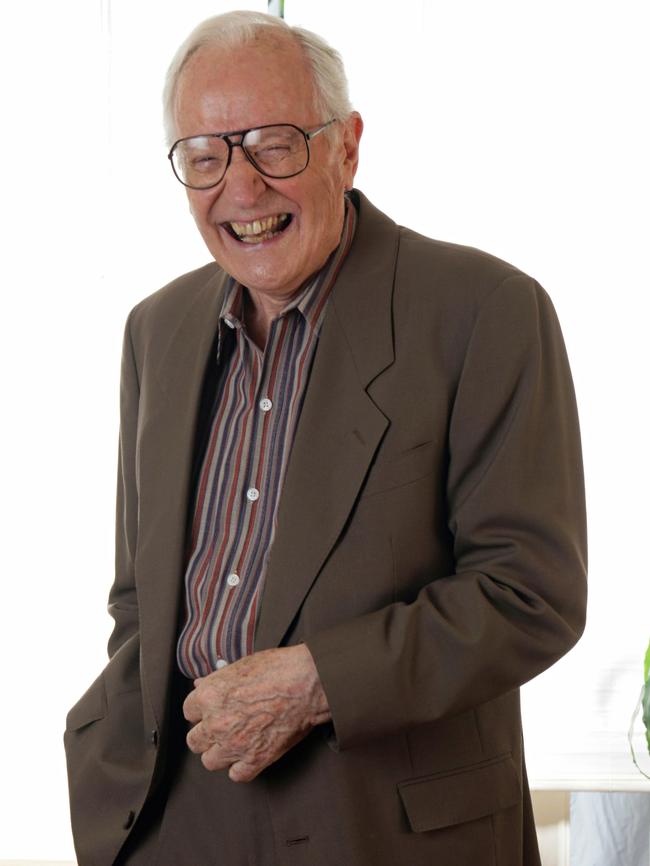
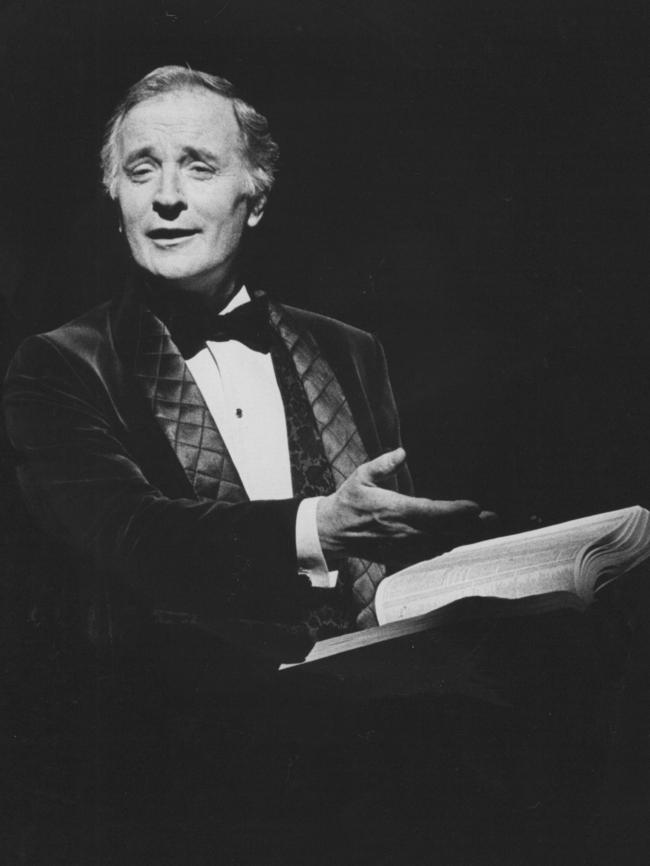
When his contract finished he was offered a role in the first Australian production of My Fair Lady in 1959, playing the Hungarian Zoltan Karpathy, a minor role. He would tour with that production for more than four years, later being bumped up to the lead role of Henry Higgins.
Although he had been offered television roles, after My Fair Lady he briefly returned to England to see what was on offer there.
He found the theatre scene riddled with Australians and the weather too cold for his liking, so he returned to Australia. He had fallen in love with the country and its people.
Alternating between theatre and television, he came to wider fame when he replaced Eric Baume as the beast on Beauty And The Beast in 1965 and also became the spokesman for Benson and Hedges cigarettes.
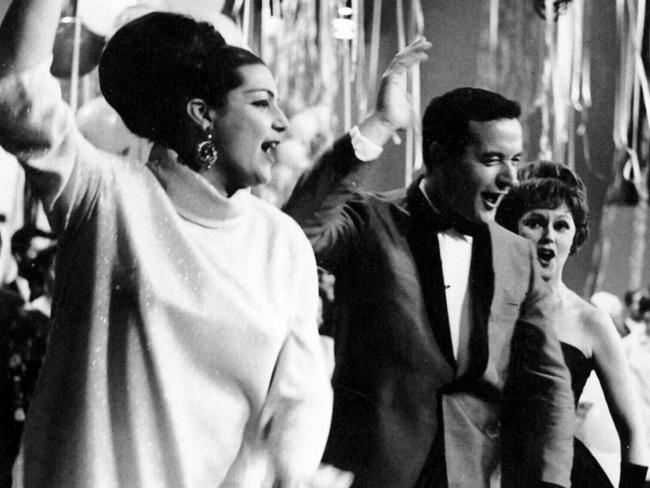
He was also seen occasionally as a Tonight Show host, had a successful run in a production of Sound Of Music and did guest roles in various TV shows.
In 1972 he headed for Hollywood where he hoped to get some movie and TV work and attempted to launch an American version of Beauty And The Beast. He ended up doing bit parts like a waiter in The Partridge Family and a chandler in the Barbra Streisand film For Pete’s Sake.
Returning to Australia in 1975 he had steady work on stage, going back to the role of Higgins in a 1979 production of My Fair Lady, but also kept his head on TV with appearances in The Paul Hogan Show, Blankety Blanks, Celebrity Squares and even a Royal Variety Performance at the Opera House in 1977 in front of Prince Charles.
In 1980 he was host of The Inventors and in 1981 he played the narrator in The Rocky Horror Show. He reprised the role in 1986 when Russell Crowe joined the cast. The two became good friends.
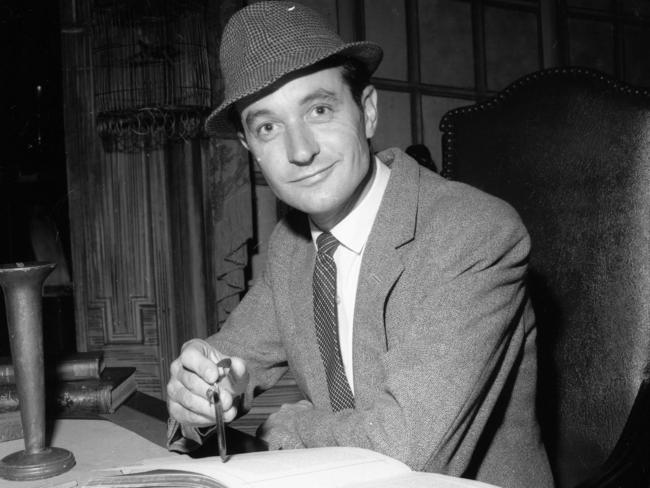
The self-described “detribalised pom” was created a Member of the Order of Australia in 1988. In between he had also been a regular movie reviewer on Channel 7.
Over the past 20 years, Wagstaff continued undertaking the odd stage show, or TV guest role, and he also became an ambassador for Seniors Week. He tried retirement but found depression setting in. Acting was too much a part of his being.
He said he mostly acted because he wanted the attention, but also enjoyed the creative process. “Actors are like children,” he once said. “They say ‘look at me’ and ‘let’s pretend’.”
His health declined over the past year and he died of pulmonary fibrosis on Tuesday. He never married and leaves no children.
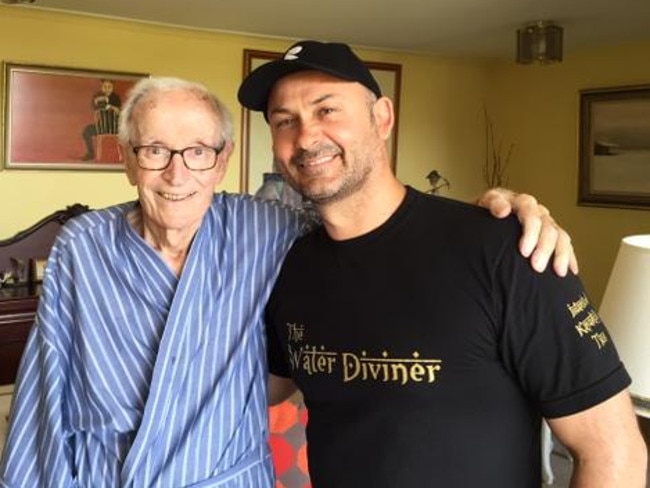
Wagstaff’s friends pay tribute to a legend
CLOSE friends of Stuart Wagstaff will converge on a Sydney theatre later this month to farewell one of the gentleman of the Australian stage and small screen.
Yesterday some of the people who made their emotional goodbyes to Wagstaff at the weekend — including newsreader John Mangos and actor Steve Bastoni — uploaded pictures of themselves with Wagstaff paying tribute to the British-born star of The Rocky Horror Show and Graham Kennedy’s Blankety Blanks.
Mangos revealed Wagstaff, who was 90 when he died following a long illness, spent his declining months carefully casting and planning his memorial service — asking that Mangos and entertainer Mark Kristian co-host the event.
Mangos, who had been close to Wagstaff for decades, said in Wagstaff’s passing he had lost “my teacher, my mentor, my father figure”.
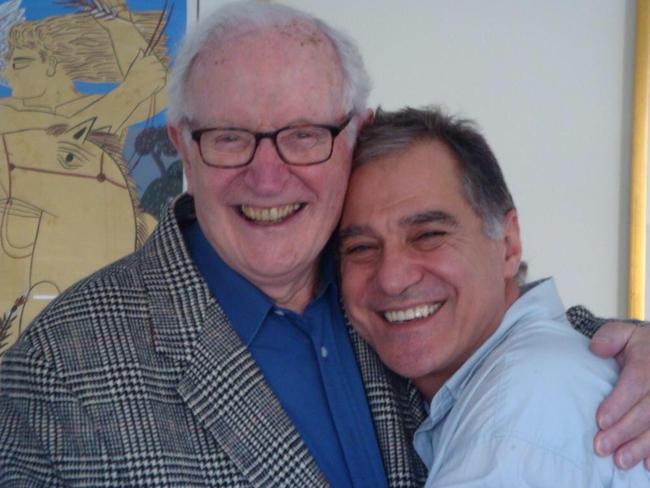
“I knew last Friday would be the last time I would see him because I knew they were putting him to sleep,” the Sky newsreader said.
“I kissed his face and his hands and I said ‘I love you Stuart’. Then I told him how much he meant to me and when I talked of infatuation he said: ‘Oh, there was a period of that too’.”
Mangos said Wagstaff, who famously starred on stage in The Sound Of Music and My Fair Lady, was ready for death following a bout of pulmonary fibrosis last year.
“Doctors told him at Christmas he had three months to live and he said: ‘Could you make it three days?’”



